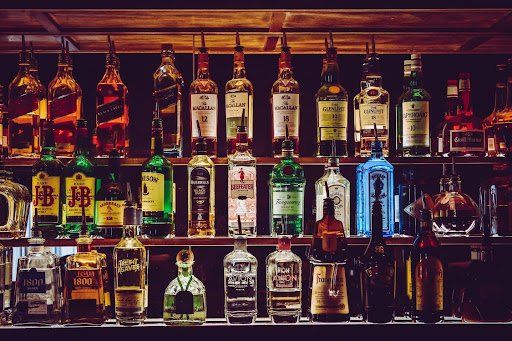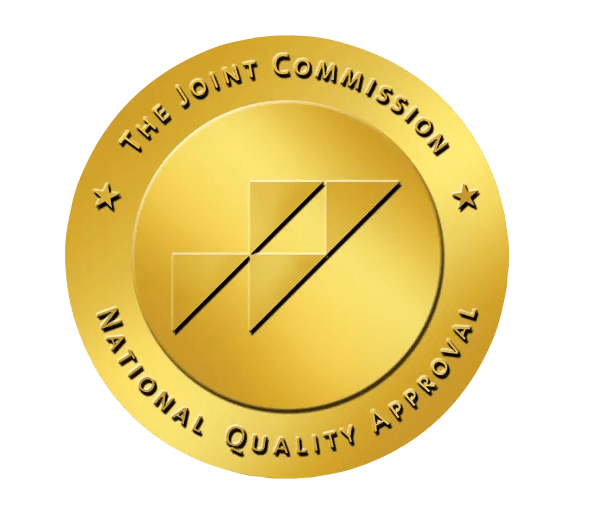The Kindling Effect: What It Is and Its Role in Addiction
What Is the Kindling Effect in Addiction?

Unfortunately, substance abuse and addiction are widespread struggles, especially when it comes to alcohol.
According to the National Institute on Alcohol Abuse and Alcoholism, one in every eight people in the U.S. is addicted to alcohol. While many pursue quitting it, withdrawals make the task challenging.
This is because of the kindling effect, which makes withdrawal harder for people after every subsequent relapse.
Without proper and ongoing treatment, many addicts end up relapsing.
In fact, the National Institute of Drug Abuse estimates that 40-60% of all individuals recovering from Substance Use Disorder (SUD) relapse. Relapsing can have devastating effects on the brain, and the severity of these effects can result in the kindling effect.
This blog will further explore what the latter is.
ALSO READ:
What Is Addiction Transference?→
What Is the Kindling Effect?
The kindling effect in addiction is very similar to kindling a fire.
The more kindling you add, the hotter and faster the fire burns. The kindling effect in addiction is similar in that the more an individual has been through withdrawal, the more the symptoms worsen during subsequent withdrawals.
In alcoholism and drug use, the kindling effect can lead to relapses and worsened withdrawal symptoms in addicts.
How Do Withdrawal and the Kindling Effect Work?
Both alcohol abuse and substance use affect the brain by either exciting or dulling neurotransmitter responses.
As an individual becomes addicted to a substance, their brain chemistry changes. When they quit a substance and pursue sobriety, they experience withdrawal effects.
In essence, the body and the brain try to return to equilibrium and function without substances and alcohol.
Withdrawal symptoms begin within 48 hours of last using a substance. In the beginning, they are extremely severe. This is the acute stage, after which patients return to baseline and may no longer have cravings.
However, this is not where it ends. After this stage, the post-acute withdrawal timeline begins, and cravings can worsen. During this time, relapse becomes highly likely, especially if an individual is faced with triggers and stressors.
With the kindling effect in addiction, the body and brain become hypersensitive to withdrawal symptoms.
This worsens with every withdrawal, recovery, and relapse cycle, with individuals experiencing worsened symptoms every time they try to quit alcohol or drug use.
The kindling effect can be extremely dangerous because of the risk of seizures, delirium tremens, and other concerns.
Because of the kindling effect making withdrawals more painful and longer-lasting, those who experience it are at higher risk of relapse and more aggressive substance use.
Preventing and Treating the Kindling Effect
Some people are at a higher risk than others of experiencing the kindling effect.
This includes those with comorbid and untreated mental health disorders, those experiencing stressors, and those without access to ongoing addiction recovery treatment.
Kindling effects are especially likely to occur with hypnotic-sedative drugs such as alcohol, sleeping pills, tranquilizers, and benzodiazepines.
Preventing and treating the kindling effect is of the utmost importance because of the severity of the withdrawal symptoms that can be experienced.
In addition to seizures and delirium tremens, individuals can experience cardiac problems and even death. The way to prevent and treat these issues is by preventing relapse. Get help from a multidisciplinary team and come up with an appropriate treatment plan.
It’s essential for those in addiction recovery to prevent relapse and the likelihood of experiencing these kindling effects.
Pathways Recovery Centers Can Help You With Addiction Recovery
Addiction recovery isn’t easy, but it is possible.
Comprehensive treatment is vital for those who have relapsed before and is necessary to prevent the worsening of kindling effects.
Considering withdrawal symptoms can be dangerous, a 24/7 medically monitored inpatient detoxification program is the best possible course of treatment.
Pathways Recovery Centers also offer several other addiction recovery options, including inpatient and outpatient programs.
Contact us here and speak to our experienced representatives about finding the right program for you and your addiction recovery journey.




